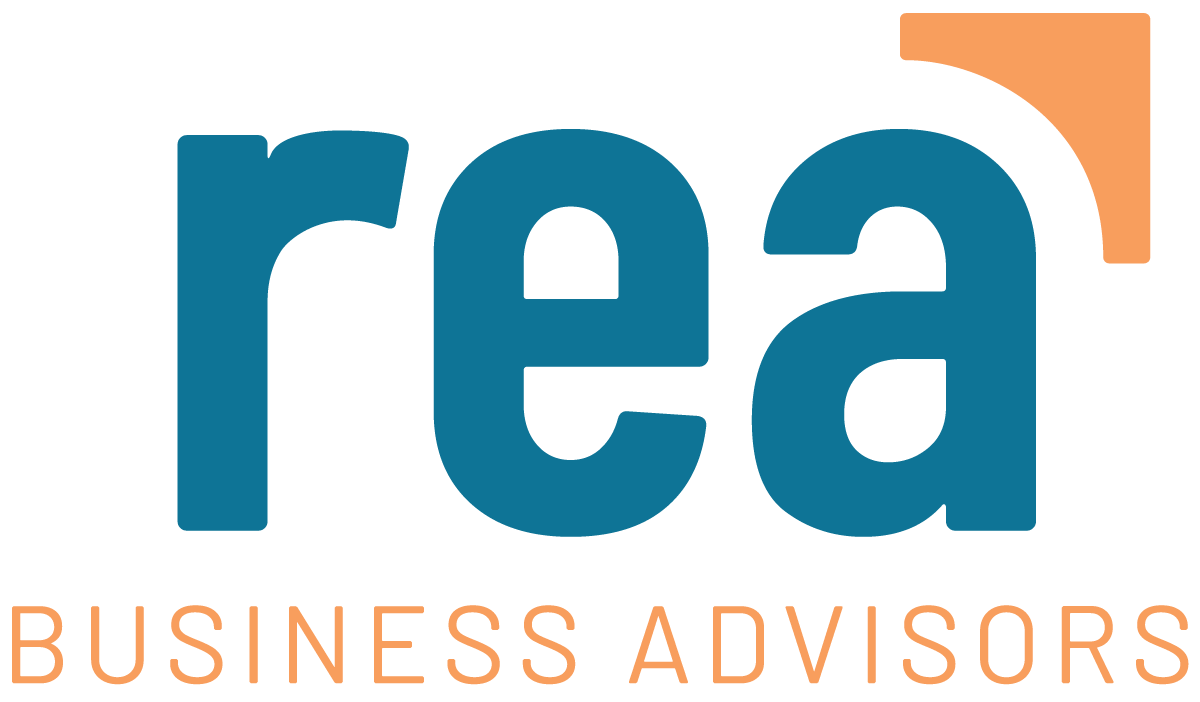
As we wrap up 2022, it’s important to take a closer look at your tax and financial plans and discuss steps that can be taken to reduce taxes and help you save for your future. Though there has been a lot of political attention to tax law changes, inflation and environmental sustainability, political compromise has led to smaller impacts on individual taxes this year. However, with the passage of the Inflation Reduction Act of 2022, there are new tax incentives for you to consider. There are also several tax provisions that have expired or will soon. We continue to closely monitor any potential extensions or changes in tax legislation and will update you accordingly.
We’re here to help explain tax and financial planning opportunities. Please contact us at your earliest convenience to discuss your situation so we can develop a customized plan. In the meantime, here’s a look at some issues impacting individuals to consider as we approach year-end.
Charitable contribution planning
If you are planning to donate to a charity, it’s likely better to make your contribution before the end of the year to potentially save on taxes. There are many tax planning strategies we can discuss with you about charitable giving. For example, consider donating appreciated assets that have been held for more than one year, rather than cash. Opening and funding a donor-advised fund (DAF) is appealing to many as it allows for a tax-deductible gift in the current year and the ability to dole out those funds to charities over multiple years. Qualified charitable distributions (QCDs) are another option for certain older taxpayers who don’t typically itemize on their tax returns.
Last year, individuals who did not itemize their deductions could take a deduction of up to $300 ($600 for joint filers). However, this opportunity is no longer available for tax year 2022. Also, note that it’s important to have adequate documentation of all donations, including a letter from the charity for donations of $250 or more.
Required minimum distributions (RMDs)
You cannot keep retirement funds in your account indefinitely. RMDs are the minimum amount you must annually withdraw from your retirement accounts once you reach a certain age (generally age 72). Failure to do so can result in penalties. And withdrawals usually have tax impacts. There are also opportunities to roll retirement funds to a qualified charity to satisfy the RMD without incurring taxes. Also, note that the IRS has issued new life expectancy tables effective for the 2022 tax year, resulting in lower RMD amounts. We can help you calculate any RMDs to take this year and plan for any tax exposure.
Digital assets and virtual currency
Digital assets are defined under the U.S. income tax rules as any digital representation of value that may function as a medium of exchange, a unit of account and/or a store of value. Digital assets may include virtual currencies such as Bitcoin and Ether, Stablecoins such as Tether and USD Coin (USDC) and non-fungible tokens (NFTs).
The sale or exchange of virtual currencies, the use of such currencies to pay for goods or services or holding such currencies as an investment, generally have tax impacts –– and the IRS continues to increase its scrutiny in this area. We can help you understand any tax and investment consequences.
Energy tax credits
From electric vehicles to solar panels, “going green” continues to provide tax incentives. The Inflation Reduction Act of 2022 included new and newly expanded tax credits for solar panels, electric vehicles and energy-efficient home improvements. The rules are complex, and some elements of the law are not in effect until 2023, so careful research and planning now can be beneficial.
Additional tax and financial planning considerations
We recommend you review your retirement plans at least annually. That includes making the most of tax-advantaged retirement saving options, such as traditional individual retirement accounts (IRAs), Roth IRAs and company retirement plans. It’s also advisable to take advantage of health savings accounts (HSAs) that can help you reduce your taxes and save for medical-related expenses.
Also, if you withdrew a Coronavirus distribution of up to $100,000 in 2020, you’ll need to report the final one-third amount on your 2022 return (unless you elected to report the entire distribution in 2020 or have contributed the funds to a retirement account). If you took a distribution, you could return all or part of the distribution to a retirement account within three years, which will be a date in 2023. We would like to work with you to strategize a plan to help restore and build your retirement savings and determine whether you’re on target to reach your goals.
Here are a few more tax and financial planning items to discuss with us:
- Life changes –– Let us know about any major changes in your life such as marriages or divorces, births or deaths in the family, job or employment changes, starting a business and significant expenditures (real estate purchases, college tuition payments, etc.).
- Capital gains/losses –– Consider tax benefits related to using capital losses to offset realized gains –– and move any gains to the lowest tax brackets, if possible. Also, consider selling portfolio investments that are down before the end of the year. Net capital losses can offset up to $3,000 of the current year’s ordinary income. The unused excess net capital loss can be carried forward to use in subsequent years.
- Estate and gift tax planning –– Let’s make sure you’re appropriately planning for estate and gift tax purposes. There is an annual exclusion for gifts ($16,000 per donee in 2022, $32,000 for married couples) to help save on potential future estate taxes. Let’s review lifetime gift and generation skipping transfer (GST) opportunities to use additional exclusions and exemption amounts.
- State and local taxes –– More people are working from home (i.e., teleworking). Such remote working arrangements could potentially have tax implications that should be considered. Let us help you with your state income, sales and use tax questions.
- Education planning –– Let’s consider Sec. 529 plans to help save for education; there can be income tax benefits to do so, and we can help you with any questions.
- Updates to financial records –– Let’s determine whether any updates are needed to your insurance policies or beneficiary designations.
- Roth IRA conversions –– Let’s discuss and weigh the benefits of converting your traditional IRA to a Roth IRA to lock in lower tax rates on some of your pre-tax retirement accounts.
- Estimated tax payments –– Let’s review withholding and estimated tax payments and assess any liquidity needs.
Year-end planning equals fewer surprises
Whether it’s working toward a tax-optimized retirement or getting answers to your tax and financial planning questions, we’re here for you. The IRS rates for 2023 are now available for your review. Contact our office to set up your year-end review. As always, planning ahead can help you minimize your tax bill and position you for greater success.



